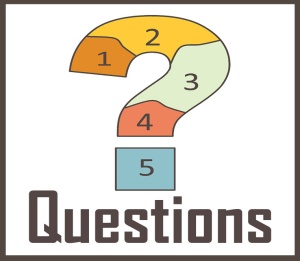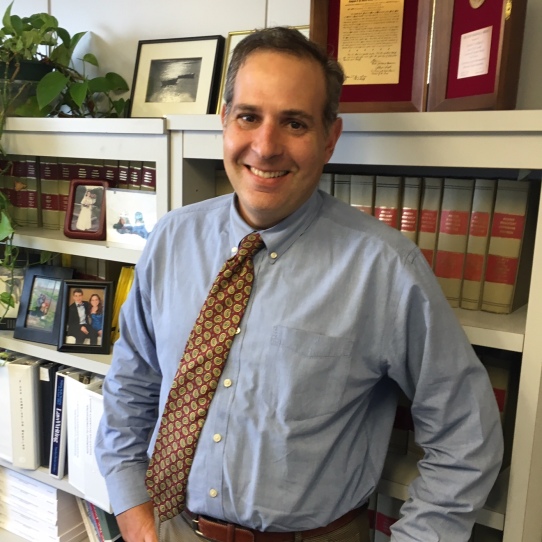Five Questions With: Andrew Averbach
Posted by on August 16, 2016
Andrew Averbach is the NRC’s Solicitor
Five Questions is a new, occasional blog series in which we pose the same questions to NRC staff members from across the agency.
- How would you describe your job in three sentences or less?

- What is the single most important thing that you do at work?
- What is the single biggest challenge you face?

- If you could change one thing at the NRC or within the nuclear industry, what would it be?
- What one thing about the NRC do you wish more people knew?
Five Questions is a new, occasional blog series in which we pose the same questions to NRC staff members from across the agency.

No comments:
Post a Comment